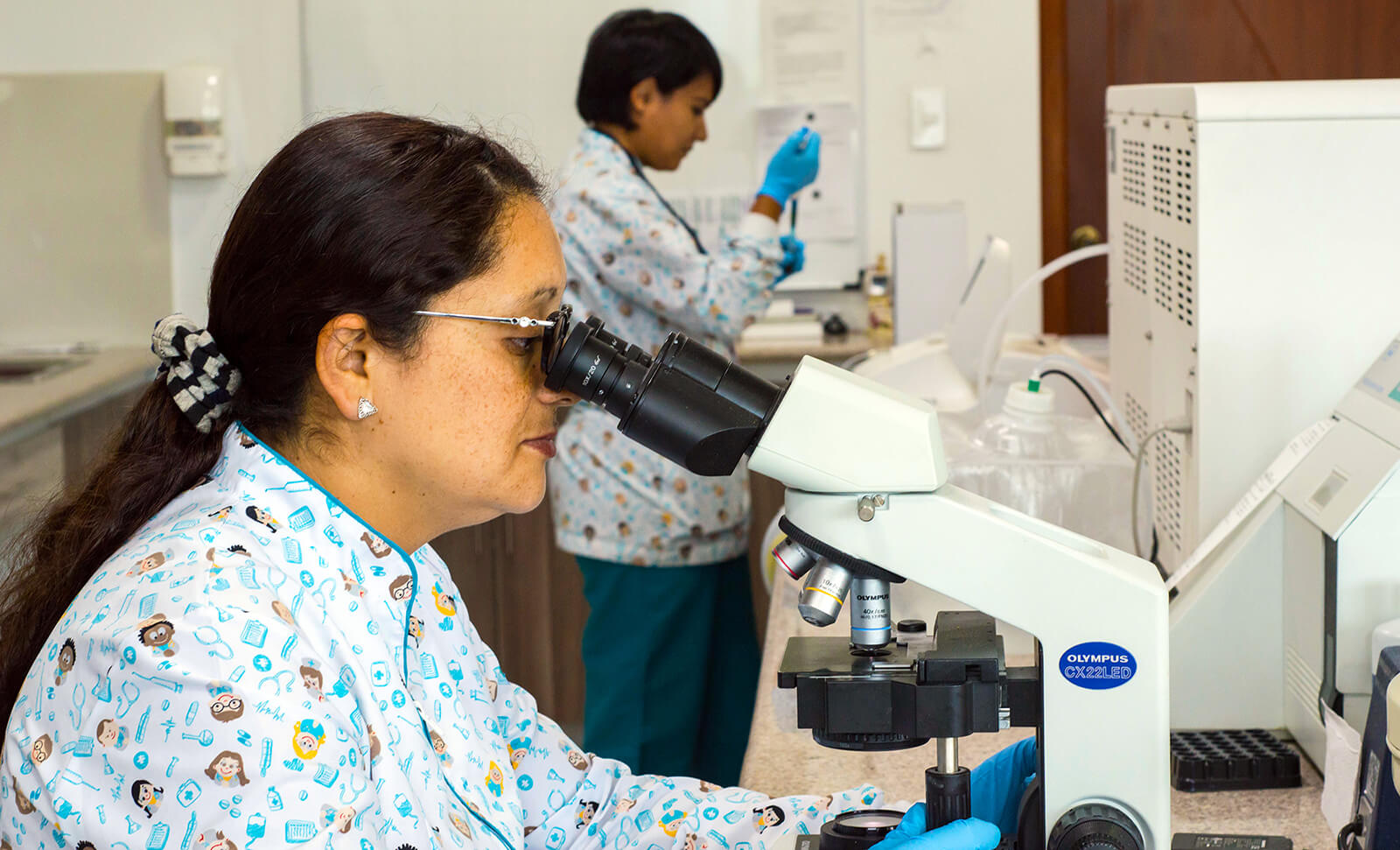
Plant geneticists are the unsung heroes of the plant world. Their work is integral to understanding the genetic makeup of plants and improving their growth, yield, and overall health. These scientists delve into the intricate world of plant genetics, unraveling the complexities of how plants inherit traits and adapt to their environment.
In this article, we will explore 12 enigmatic facts about plant geneticists. From their fascinating research methods to the groundbreaking discoveries they have made, these individuals play a vital role in shaping the future of agriculture and plant biology. So, buckle up and get ready to embark on a journey into the mysterious and awe-inspiring world of plant genetics!
Key Takeaways:
- Plant geneticists enhance plant traits and contribute to sustainable agriculture, global food security, and conservation of endangered species through advanced genetic research and collaboration with farmers and breeders.
- Plant geneticists drive agricultural innovations, study plant-pathogen interactions, and explore the potential of medicinal plants, making significant contributions to the development of new drugs and treatments.
Plant Geneticists Study the Genes of Plants to Enhance their Traits
Plant geneticists are experts in the field of genetics who specialize in studying and manipulating the genes of plants. Through their research and experiments, they aim to enhance desirable traits in plants such as yield, disease resistance, and nutritional content.
Plant Geneticists Use Advanced Techniques to Alter Plant Genes
Plant geneticists utilize techniques such as genetic engineering, gene editing, and marker-assisted selection to modify plant genes. These techniques allow them to introduce specific genes or alter existing genes in order to improve the characteristics of plants.
Plant Geneticists Play a Vital Role in Crop Improvement
Plant geneticists are crucial in developing new varieties of crops that are more resilient to environmental challenges, have increased nutritional value, and can better withstand pests and diseases. Their work contributes to global food security and sustainable agriculture.
Plant Geneticists Work Closely with Farmers and Breeders
Plant geneticists collaborate with farmers and breeders to understand their needs and develop crops that are well-suited to specific regions and environmental conditions. This partnership ensures that the genetic improvements made by plant geneticists are practical and beneficial for agricultural practices.
Plant Geneticists Contribute to the Conservation of Endangered Plant Species
Plant geneticists also play a vital role in the conservation and preservation of endangered plant species. By understanding the genetic diversity within these species, they can develop strategies for their protection and propagation.
Plant Geneticists Research the Impact of Genetically Modified Organisms (GMOs)
Plant geneticists are involved in studying the environmental and health implications of genetically modified organisms. Their research helps to ensure the safety and sustainability of GMOs in agricultural practices.
Plant Geneticists Explore the Potential of Medicinal Plants
Plant geneticists investigate the genetic makeup of medicinal plants to identify and enhance the production of bioactive compounds with therapeutic properties. This research contributes to the development of new drugs and treatments.
Plant Geneticists Study Plant Epigenetics
Plant geneticists delve into the field of epigenetics, which explores how external factors can modify gene expression without changing the underlying DNA sequence. This research helps to uncover new insights into plant development, adaptation, and response to environmental cues.
Plant Geneticists Contribute to Sustainable Agriculture
Plant geneticists strive to develop crops that require fewer resources, such as water and fertilizers, while maintaining high productivity. Their work promotes sustainable agricultural practices and reduces the environmental impact of farming.
Plant Geneticists Investigate Plant-Pathogen Interactions
Plant geneticists study the dynamic relationship between plants and pathogens to develop strategies for disease control. By understanding how plants interact with pathogens at the genetic level, they can develop resistant varieties and implement effective disease management practices.
Plant Geneticists Collaborate with Researchers Worldwide
Plant geneticists form international collaborations to share knowledge, resources, and research findings. This global network enables the exchange of ideas and fosters advancements in the field of plant genetics.
Plant Geneticists Are Driving Innovations in Agriculture
The work of plant geneticists is driving innovations in agriculture, transforming conventional farming practices and paving the way for sustainable and resilient agricultural systems. Their research and discoveries hold immense potential for addressing global food security challenges.
Conclusion
Plant geneticists are at the forefront of research and innovation in the field of agriculture. Through their work, they unravel the mysteries of plant genetics, exploring the potential of crops to withstand diseases, adapt to changing climates, and increase yields. Their expertise plays a crucial role in developing sustainable farming practices, ensuring food security, and preserving biodiversity.
As we have discovered, plant geneticists are not only dedicated scientists but also passionate individuals who are driven to make a positive impact on the world. Their research is essential for the future of our food production and the well-being of our planet.
So next time you enjoy a delicious meal or stroll through a scenic garden, take a moment to appreciate the incredible work of plant geneticists and the intricate world of plant genetics that they unveil.
FAQs
1. What is the role of a plant geneticist?
A plant geneticist studies the genetic makeup of plants to understand their traits, develop improved varieties, and enhance crop productivity and quality.
2. How do plant geneticists conduct research?
Plant geneticists employ various techniques such as DNA sequencing, gene editing, and cross-breeding to analyze and manipulate the genetic information of plants.
3. What are the benefits of plant genetic research?
Plant genetic research helps develop crops that are resistant to diseases, pests, and environmental stresses. It also enhances nutritional content, improves taste, and increases the yield of food crops.
4. Are genetically modified organisms (GMOs) safe?
Extensive scientific research has shown that GMOs approved by regulatory bodies are safe for consumption and do not pose any risks to human health.
5. How does plant genetic research contribute to sustainability?
Plant genetic research enables the development of crops that require fewer pesticides, fertilizers, and water, thereby reducing the environmental impact of agriculture.
6. Can plant geneticists help with climate change?
Plant geneticists are working towards developing crops that can withstand extreme weather conditions caused by climate change, ensuring food security in a changing environment.
Discover more fascinating facts about the world of plants and genetics! Unravel the secrets of genetics and how they shape our world. Explore the enigmatic realm of botany and its countless wonders. Dive into the intriguing process of plant breeding and its impact on agriculture. Embark on a journey of knowledge and let these captivating topics ignite your curiosity.
Was this page helpful?
Our commitment to delivering trustworthy and engaging content is at the heart of what we do. Each fact on our site is contributed by real users like you, bringing a wealth of diverse insights and information. To ensure the highest standards of accuracy and reliability, our dedicated editors meticulously review each submission. This process guarantees that the facts we share are not only fascinating but also credible. Trust in our commitment to quality and authenticity as you explore and learn with us.


